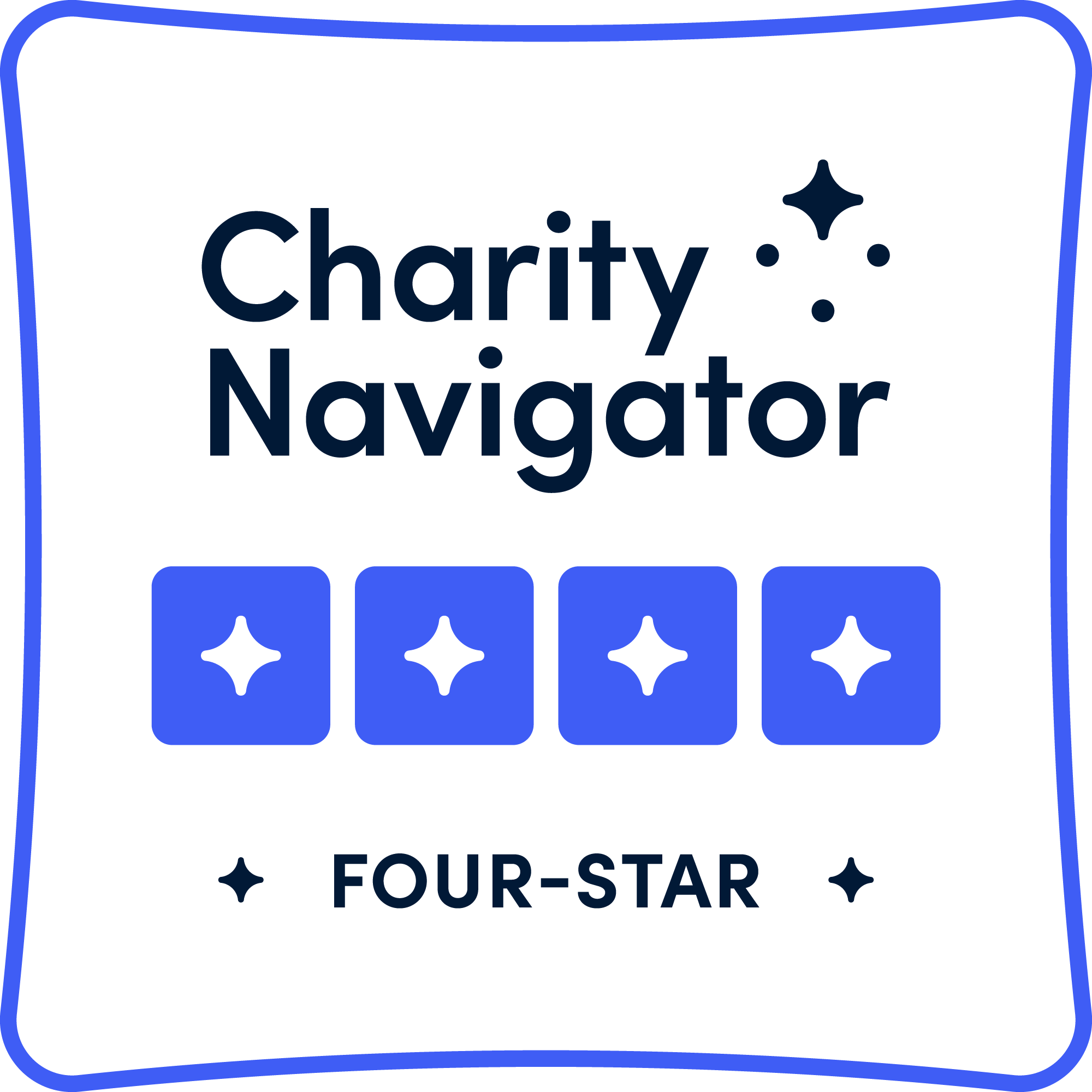Remembering Dale Schenk
Dale Schenk was born May 10, 1957 in Glendora, California to Walter Bernard Schenk, a firefighter, and Rosemary Schenk, a family therapist. He received an undergraduate degree in biology in 1979 from the University of California at San Diego, where he stayed on to earn a Ph.D. in physiology and pharmacology in 1984. In 1987, Dale joined Athena Neurosciences Inc. in San Francisco, a company founded by his long-time collaborator Dennis Selkoe of Harvard University. Dale was director of neurosciences.

Schenk became very well known for his work at Athena Neurosciences and later at Elan Corporation, where he helped devise a vaccine strategy to ameliorate Alzheimer’s disease. The hypothesis being that vaccination of Alzheimer’s patients with Beta-amyloid intramuscularly would generate antibodies that would target beta-amyloid in the brain for removal. beta-Amyloid builds up in the brains of Alzheimer’s disease patients as amyloid fibrils, apparently causing the initial phase of neurodegeneration in this disease affecting 10 million patients worldwide. There were compelling indications that this novel, so-called active, immunization strategy might impede disease progression, although neuroinflammation in some patients led Dale and others to develop second-generation vaccines that did not induce neuroinflammation. Subsequent autopsies of some of the patients enrolled in the initial vaccine trial and later succumbing to unrelated causes revealed that they had less amyloid buildup in their brains, providing further evidence that removing the amyloid fibrils could offer an avenue to treat this form of dementia.
This creative and insightful work led Schenk and others to come up with the passive immunization strategy for Alzheimer’s disease—the concept of using periodic peripheral injections of tailored antibodies to remove beta-amyloid fibrils from the brain. Some of these trials showed clearance of amyloid without cognitive benefits, although many experts now believe that the patients enrolled were too late-stage to see cognitive benefits. Thus, numerous passive immunization trials are underway testing Dale’s strategy in early stage Alzheimer’s patients. There is reason to be optimistic that this innovative strategy will become a first-in-class disease-modifying approach to slow the progression of Alzheimer’s disease.
Owing to these contributions and many others, Schenk was promoted at Elan, rising to Chief Scientific Officer and Executive Vice President. Dale left Elan to co-found and lead Prothena as CEO in 2012. Prothena continues to grow, currently exhibiting a current market valuation of $2.06 billion. The company’s top development projects include passive immunization strategies to treat two different amyloid diseases: light chain amyloidosis and Parkinson’s disease, the latter in collaboration with Roche.
Dale’s creativity, humor, quick smile and steady hand in treating these very challenging neurodegenerative diseases will truly be missed by the patients, the scientists and the treating physicians. Just before co-founding Prothena, Dale initiated a close collaboration with Christopher Dobson and colleagues at Cambridge in the UK to discover a pharmacologic strategy for Parkinson’s disease and other neurodegenerative disorders. The idea is to suppress at the earliest possible opportunity the aberrant processes through which protein aggregation results in the generation of highly toxic species, and hence to allow our natural defense mechanisms to maintain their efficacy for longer periods of time. This program has been extremely successful, and Dale was a constant source of inspiration and ideas. His regular visits to Cambridge were anticipated with great excitement by all those involved in these studies. I (CMD) last saw Dale in Sweden in July and he was as keen as ever to be brought up to date on the latest developments, and as full of suggestions as ever. With his passing we have lost a kind and generous colleague whose infectious enthusiasm and constant encouragement brought out the best in everyone with whom he worked.
You will be missed our friend.
Jeffery Kelly and Christopher Dobson
Dr. Jeffery Kelly is the Lita Annenberg Hazen Professor of Chemistry and Chairman, Department of Molecular and Experimental Medicine at Scripps Research Institute and a member of the ARC’s Collaborative Network Steering Committee.
Professor Christopher Dobson is the John Humphrey Plummer Professor of Chemical and Structural Biology Master of St John’s College, Cambridge.
- Categories
- Lastest Posts
- FDA Approves Amvuttra™ (vutrisiran) for ATTR-CM: More Options for Patients
- FDA Approves Attruby™ (acoramidis) for the Treatment of ATTR-CM: A New Option for Patients
- ARC Launches Clinical Fellowship Program to Advance Amyloidosis Care
- The More Things Change, the More They Stay the Same



